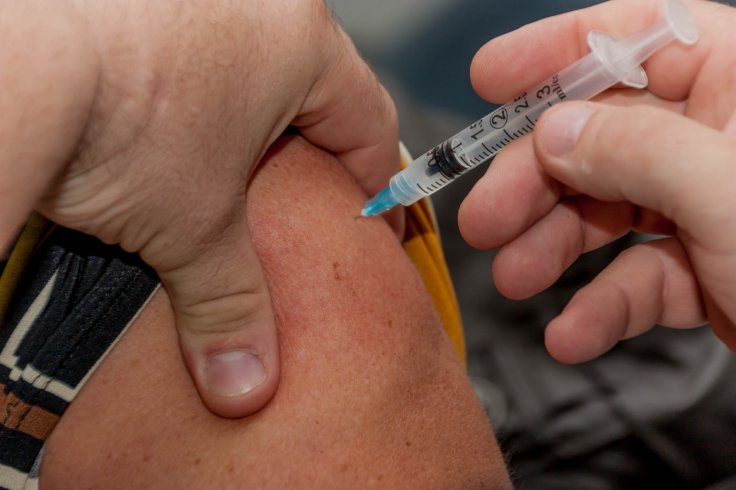The Delta variant, originally known as B.1.617.2, has been around since late last year but in recent months it has become speedily dominant in many countries. It accounts for more than 80% of newly diagnosed cases in the US, according to the US Centers for Disease Control and Prevention.
COVID-19 cases have increased over 300% nationally from June 19 to July 23, 2021, along with parallel increases in hospitalizations and deaths driven by the Delta variant.
Experts say Delta variant is 40% more infectious than the Alpha variant. An MIT publication claims the delta variant could be up to 100 percent more transmissible compared to the Alpha variant. Pandemic experts are of the view that the delta variant may be associated with greater risk of hospitalization of Covid-19 patients.
How do you Know if you are Infected with Delta Variant?
There's new information about the Delta variant coming every day. Emerging data suggest that symptoms of the Delta variant present differently than traditional Covid-19 symptoms. Experts have said people should be very vigilant about any unusual symptoms.
Runny Nose is More Prominent and Loss of Smell Ranks 9th Now
Australia's Griffith University has conducted the new study in which it is revealed that a runny nose is a new symptom that might be caused by the Delta variant as it was rarely reported as a symptom in earlier data, while loss of smell that was quite common earlier ranks ninth now.
As published in The Conversation, Lara Herrero, research leader in virology and infectious diseases of the university, has said the data they have worked with were mostly from the United Kingdom and collected through a self-reporting system.
Lara also mentioned that the study did not take into account which participant is infected with which variant but as the Delta variant is at present the predominant one in the UK, it's a "safe bet the symptoms we see here reflect the Delta variant," she wrote.

According to Lara, the Current Top Five Symptoms of Covid-19 are:
1. Headache
2. Sore throat
3. Runny nose
4. Fever
5. Persistent cough
Why have the symptoms changed?
The research highlighted several possible reasons behind this change, including that of the evolution of the virus. But she also takes into account that these mild symptoms are possibly reported by younger people as senior citizens in the United Kingdom are now mostly covered by vaccination.
As the virus has evolved, it seems the most common symptoms have changed too. "Humans are dynamic. With our differences come different immune systems. This means the same virus can produce different signs and symptoms in different ways," the researcher said.
Does Vaccination Affect the Symptoms?
The research says although new viral variants can compromise the effectiveness of vaccines, for Delta, Pfizer and AstraZeneca still appear to offer good protection against symptomatic COVID-19 after two doses.
Meanwhile, nearly three-fourths of the infections in a recent Massachusetts COVID-19 outbreak were breakthrough cases. Fully vaccinated People accounted for 74% of infections.

The Centers for Disease Control and Prevention released a study on July 30 that found 346 of the 469 reported coronavirus infections occurred in people who were fully vaccinated. The outbreak happened between July 3–17 in Barnstable County as large summer gatherings took place in Provincetown.
Testing found that 90% of specimens from 133 patients contained the Delta variant. The most common side effects were cough, headache, sore throat, muscle pain, and fever. No deaths were reported.









